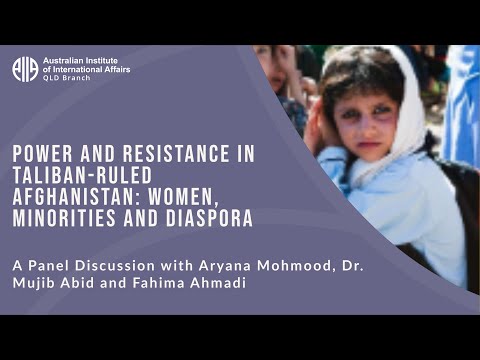December 5, 2024, 6:02 am
The Taliban’s sweeping takeover of Afghanistan in August 2021 shocked many. In just ten days, the group seized control of towns and cities across the country. Although the takeover ended large-scale armed conflict, prospects for long-term stability remain uncertain. Afghanistan is grappling with an unprecedented humanitarian crisis.
Three years on, the economic situation remains dire, malnutrition rates are rising, women’s rights are being curtailed, and migration and internal displacement are increasing. Women, ethnic and religious minorities, and dissenters are being policed and disciplined by de facto authorities. Yet, the roots of this crisis lie in Afghanistan’s history of protracted violence, marked by conflicts involving intrusive outsiders and internal strife over the country’s natural and cultural wealth. This history also reveals the forms of resistance Afghans have employed against hegemonic rule, a phenomenon that continues today. Afghans within the country and in the diaspora continue to aspire for a better future. Diverse women of Afghanistan rely on dissenting practices, both formal and informal, organized and every day, to resist, demand their rights, undermine the Taliban, and strive for a renegotiated status quo.
What factors contributed to the re-emergence of the Taliban Emirate in August 2021? How do diverse Afghan women within Afghanistan and in the diaspora continue to resist the forces of patriarchy and oppression in Taliban-ruled Afghanistan? How can we understand the feelings and experiences of minority populations? And how does the post-‘war on terror’ international context shape this situation? This event opens a conversation about Afghanistan’s past to understand the current situation, creates a dialogue about Afghanistan’s present to illuminate the scale and nature of the crisis, and draws on these discussions to develop a path forward for Afghan society.
Content Creator – Australian Institute of International Affairs













